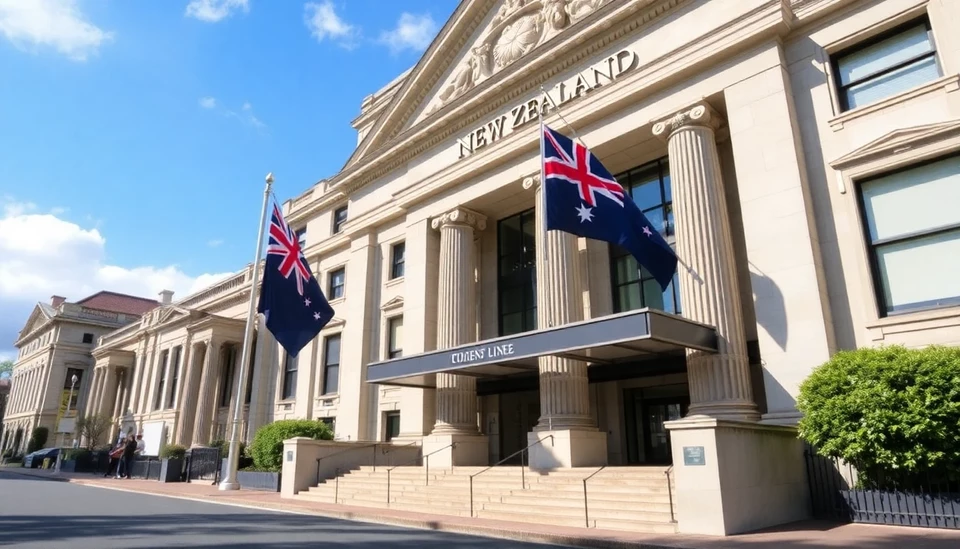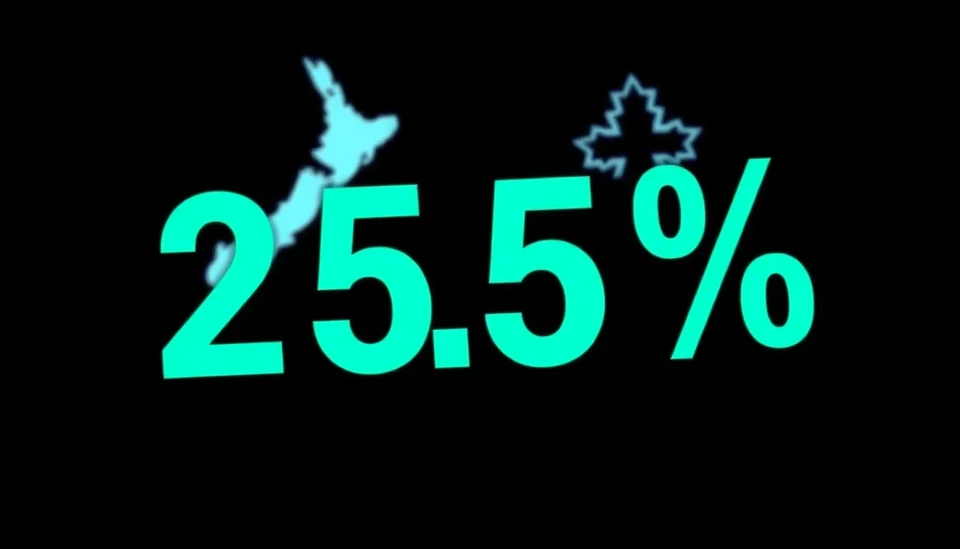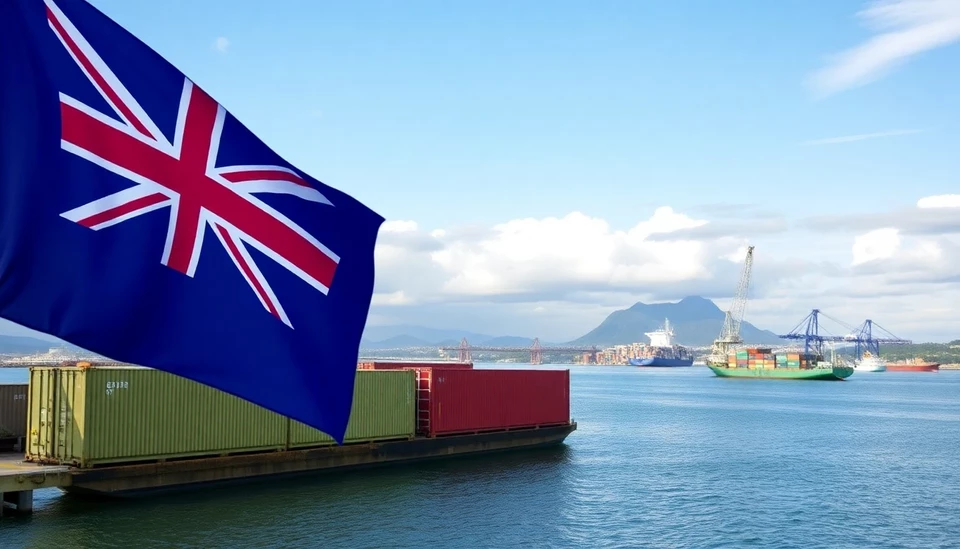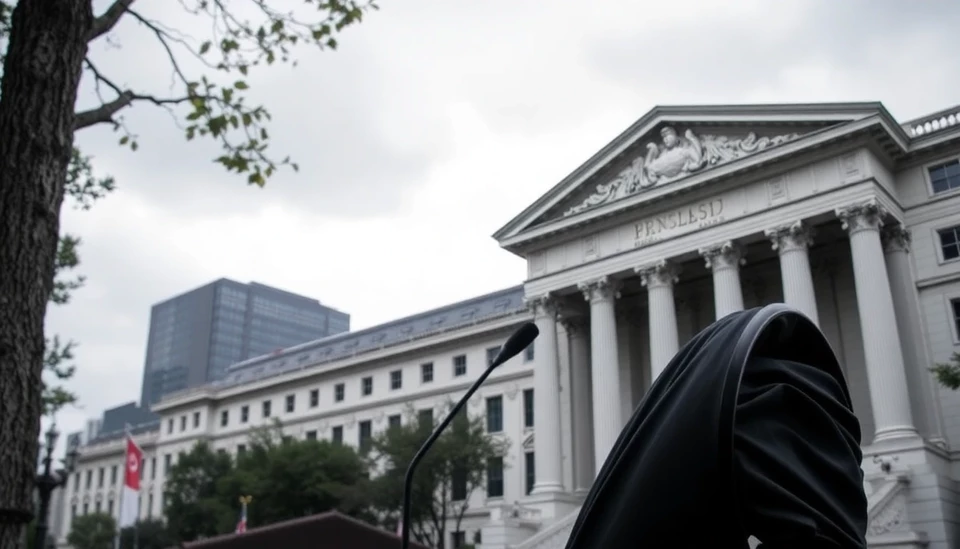
Recent forecasts from the New Zealand Treasury have indicated that the Reserve Bank of New Zealand (RBNZ) is poised to reduce its cash rate to below 3% in the near future. This announcement comes as a response to evolving economic conditions in the country, particularly in light of fluctuating inflation rates and changing consumer behavior.
The RBNZ, which has historically aimed to maintain price stability and support sustainable economic growth, finds itself at a crossroads as it considers cutting the cash rate. The Treasury’s prediction stems from a broader analysis of economic indicators that suggest a slowdown in both domestic and international demand. Such a move would likely aim to stimulate borrowing and spending within the economy, which the government believes is necessary to navigate potential downturns.
In their official statement, Treasury officials emphasized the importance of proactive measures in maintaining economic stability. The anticipated reduction in the cash rate is expected to send ripples through various sectors, particularly in housing and consumer goods, which have exhibited signs of cooling off in recent months.
Overall, the reduction of the cash rate to sub-3% levels is a strategic response intended to foster a more conducive environment for investment and growth. Analysts believe that this move may not only influence interest rates for loans and mortgages but may also impact the New Zealand dollar's value against other major currencies.
As the RBNZ prepares for its upcoming monetary policy meeting, the implications of a potential cash rate cut are likely to dominate discussions among economists and financial experts alike. Market participants are keenly watching for any guidance from the central bank regarding its outlook on inflation and overall economic growth trajectories.
This forecast by the Treasury adds to the ongoing narrative of central banks globally adjusting their policies to better respond to shifting market dynamics, highlighting a period of uncertainty that continues to challenge economies worldwide.
As New Zealand aims to balance its fiscal policies with growth objectives, the outcome of these decisions will be pivotal in shaping the nation’s economic landscape in the months to come.
In conclusion, the anticipation of a lower cash rate has sparked discussions about its potential consequences on consumer confidence, spending habits, and overall economic resilience. Stakeholders across various sectors are awaiting the RBNZ's official announcements, which are expected to outline the next steps in their monetary policy strategy.
#NewZealand #RBNZ #CashRate #Economy #MonetaryPolicy #Inflation #Investment #Finance
Author: Daniel Foster




